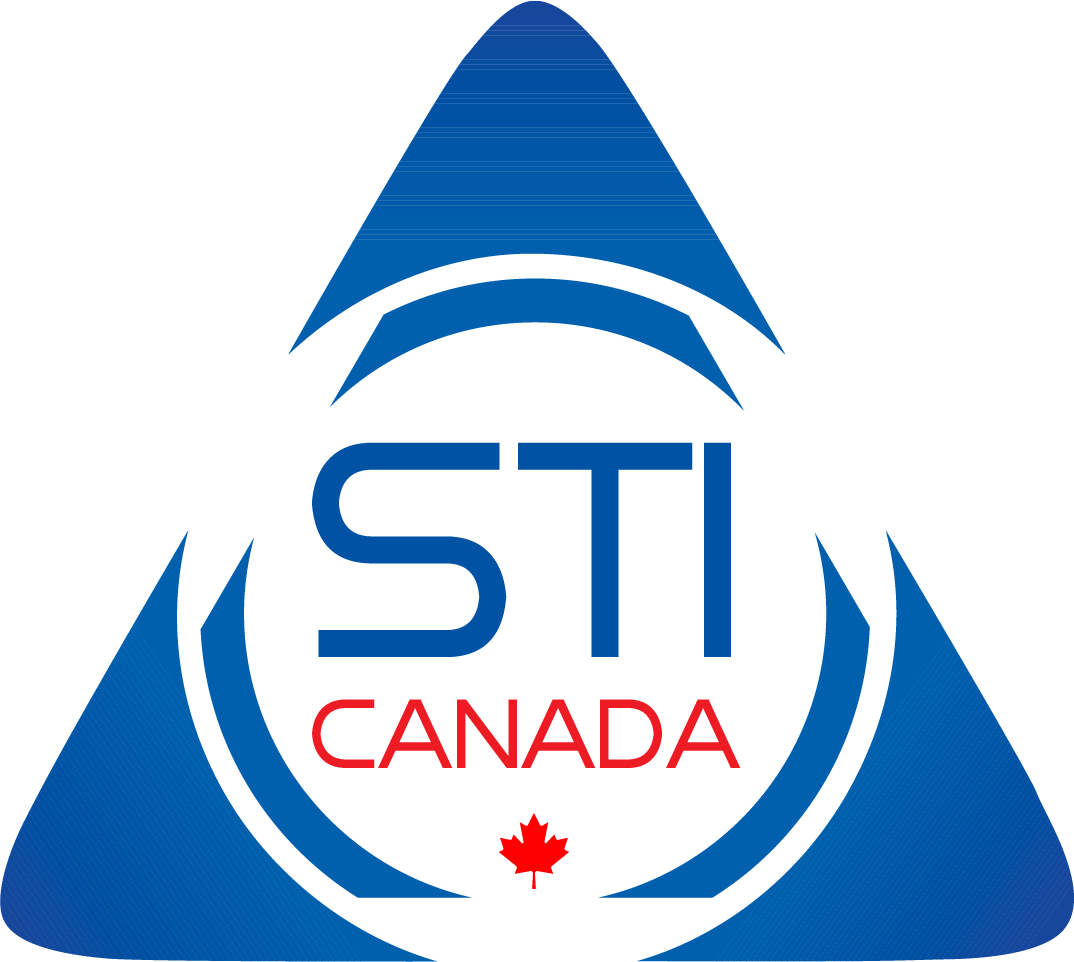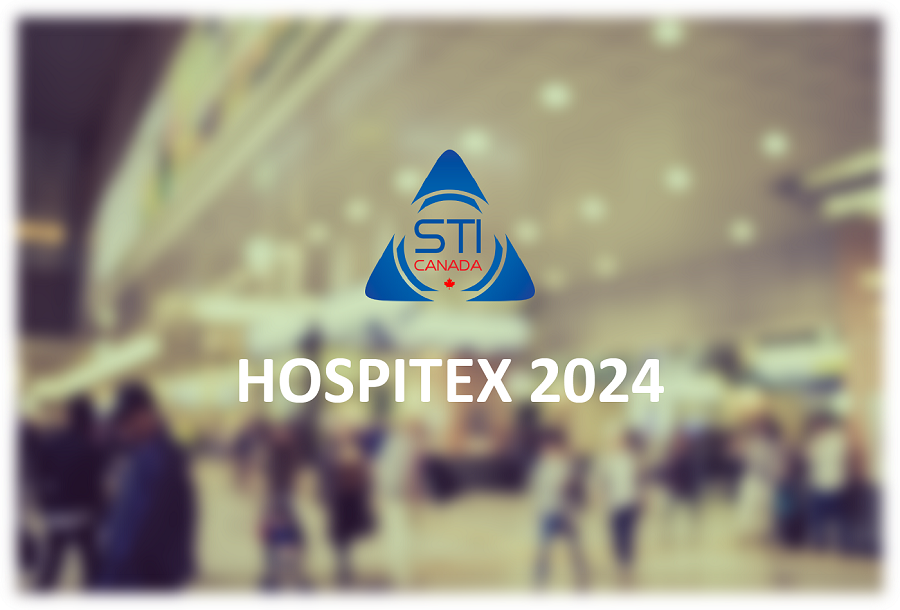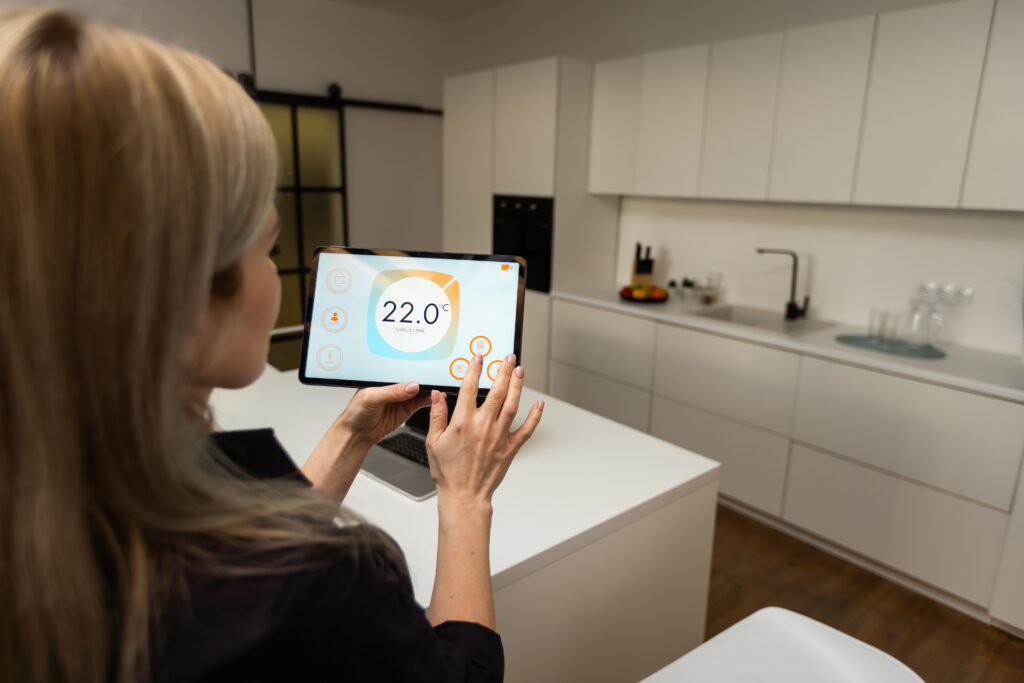As technology continues to revolutionize every aspect of our lives, it’s no surprise that the HVAC industry is also undergoing a significant transformation. In this blog post, we dive into the exciting world of smart HVAC technologies and how they are shaping the future of heating, ventilation, and air conditioning systems.
The Rise of Smart HVAC: Enhancing Efficiency and Comfort
In recent years, smart HVAC systems have emerged as a game-changer in the industry, offering a range of benefits that go beyond conventional heating and cooling solutions. These systems leverage artificial intelligence, IoT connectivity, and advanced sensors to optimize energy efficiency and dramatically improve comfort levels.
Imagine a HVAC system that learns your temperature preferences and adjusts itself accordingly. With smart HVAC technologies, personalized temperature settings become a reality, creating a comfortable environment tailored to your individual needs. Say goodbye to constant thermostat adjustments and hello to effortless comfort.
One of the key advantages of smart HVAC systems is their ability to be controlled and monitored remotely. Gone are the days of coming home to a sweltering hot or freezing cold house. With just a few taps on your smartphone, you can adjust the temperature, set schedules, and ensure a comfortable atmosphere before you even walk through the door. Not only does this enhance convenience, but it also helps reduce energy consumption and saves money on utility bills.
Predictive maintenance is another exciting feature offered by smart HVAC systems. These systems continuously monitor performance and alert you to any potential issues before they escalate into major problems. By identifying maintenance needs in advance, you can prevent costly breakdowns and ensure that your HVAC system is always running at its best.
Bridging the Gap: Combining Proprietary Excellence with Smart Technologies
At STI Canada, we believe in the power of innovation and the importance of providing our customers with the best solutions the industry has to offer. That’s why we are bridging the gap between tradition and cutting-edge technology by combining our existing proprietary excellence in HVAC materials and manufacturing with smart technologies.
By leveraging our deep expertise in HVAC materials and manufacturing, we bring a legacy of craftsmanship and quality to our smart HVAC systems. We understand that the foundation of a reliable and efficient system lies in the materials used and the precision of the manufacturing process. With our proprietary excellence, we ensure that our smart HVAC systems not only provide advanced technological capabilities but also deliver top-notch performance and durability.
Our approach to integrating smart technologies is focused on enhancing the traditional HVAC experience, rather than replacing it. We embrace the core principles that have made HVAC systems reliable for decades while infusing them with the latest advancements. This results in smart HVAC systems that are not only efficient and intelligent but also intuitive and user-friendly.
Conclusion
The future of HVAC lies in the realm of smart technologies. With their ability to optimize energy efficiency, offer personalized comfort, enable remote control and monitoring, and provide predictive maintenance, smart HVAC systems are transforming the way we think about heating, ventilation, and air conditioning. At STI Canada, we are proud to bring together the best of both worlds – our proprietary excellence in HVAC materials and manufacturing, combined with cutting-edge smart technologies – to deliver best-in-class solutions to our customers. Stay tuned as we continue to explore and innovate in the world of smart HVAC, bringing a new level of efficiency, comfort, and sustainability to our clients’ homes and businesses.





